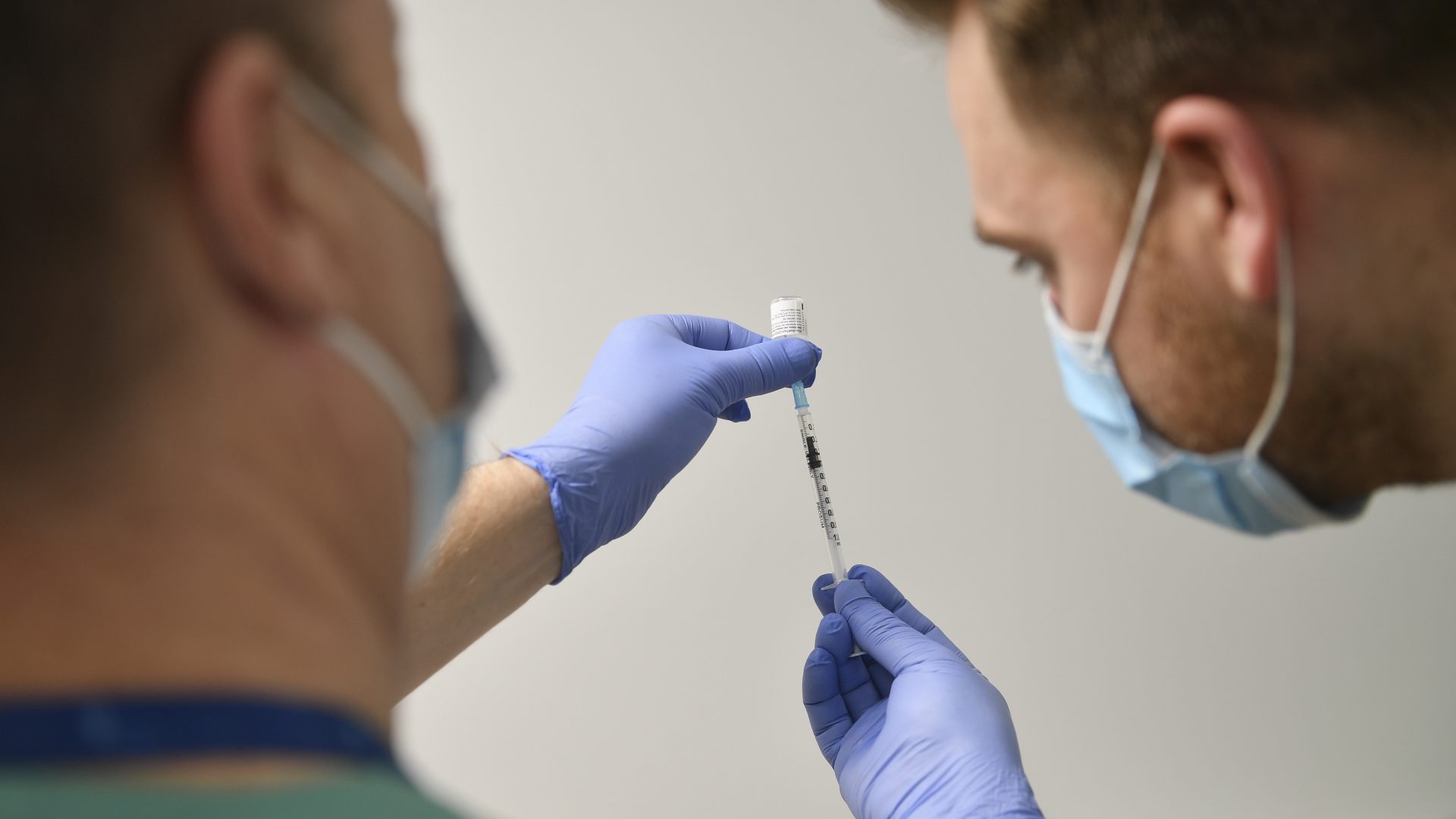All but overlooked in the smokescreen of government announcements that followed the Tory revolt against Boris Johnson was the news that £340m of taxpayers’ cash would be made available to the Innovative Medicines Fund.
In a press release rich in hyperbole, it was stated that the plan was to “purchase the most promising medicines and fast-track them to patients to give adults and children the best chances of survival, recovery or a healthier, longer life.”
More than that, it would “build on the success of the Cancer Drugs Fund, which has given tens of thousands of patients access to revolutionary treatments quickly… improving access to treatment for patients most in need could alleviate pressure on the NHS, helping bust the Covid-19 backlog… the fund will further support NHS England in offering patients potentially transformative new drugs while further real-world evidence is collected to inform a final decision by the National Institute for Health and Care Excellence (NICE) on whether the treatment is clinically and cost-effective.”
One former senior medical adviser to the government tells me wearily: “Don’t expect anything worthwhile out of this because 1) The Cancer Drug Fund is now being acknowledged as a failure and this supposedly innovative drug fund may well replicate many of the errors; 2) I would be surprised if it alleviates the pressure on the NHS – if anything, a redirection of funds away from hard-pressed services is the last thing we need right now; 3) If drugs are made available before evidence that the drug works it is unclear how NICE can possibly be involved and by definition, how does one know the drug will improve the outcome of people with illness?
The Innovative Medicines Fund gets a cash injection
£340m of taxpayers’ cash will be made available to it - news that was overlooked during the Tory revolt against Boris Johnson




